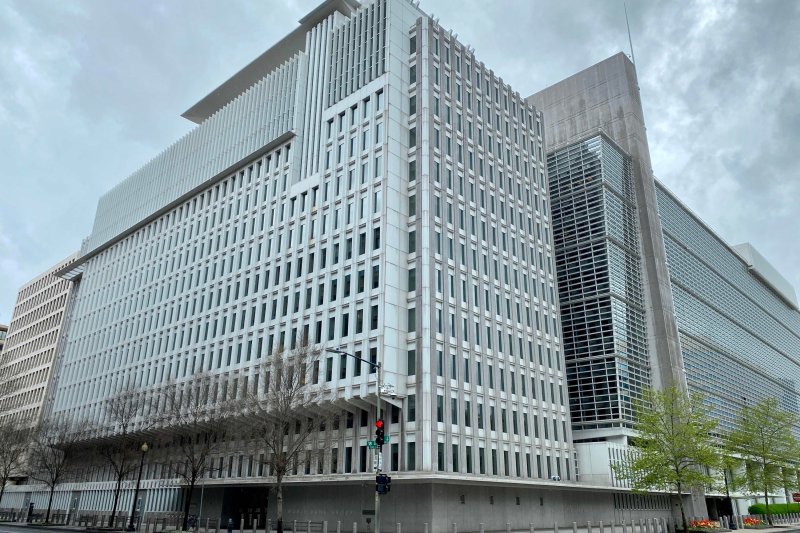Economic Growth Estimated at 7.2% in 2021; WB
Albania’s economic growth is expected to slow down to 3.8% in 2022, after a 7.2% growth estimated in 2021, the World Bank said on Tuesday in its latest global economic prospects report.
For 2021, the growth in the country is estimated at 2.8 pps higher than the forecast of June 2021. Compared to the countries in the region, Albania recorded the second highest growth in 2021 after Montenegro (10.8%) , followed by Kosovo (7.1%), Serbia by 6%, as well as Bosnia and Herzegovina and Northern Macedonia by 4% each.
Compared to the June forecast for 2022, the expectations for the Albanian economy have been slightly revised up by 0.1 pps.
Medium-term growth in Albania and North Macedonia should be boosted by accelerating structural reforms in preparation for EU membership, provided negotiations surrounding the accession process are not further delayed, the World Bank said in the report.
According to the global lender, Albania’s economic growth is expected to further slow down to 3.7% in 2023.
In the Western Balkans, growth is projected to moderate to 4.1% in 2022 and 3.8% in 2023, the World Bank said, adding that the recovery is expected to lose momentum as the external boost fades and confidence is dented by rising policy uncertainty, particularly in Bosnia and Herzegovina.
“The sub-region is also expected to benefit from the EU’s recently adopted Economic and Investment Plan for the Western Balkans, which will mobilize funding to support competitiveness and inclusive growth, as well as the green and digital transition,” the bank noted.
“As the world enters the third year of the Covid-19 crisis, economic developments have been both encouraging and troubling, clouded by many risks and considerable uncertainty,” World Bank group President David Malpass said, adding that macroeconomic imbalances have reached unprecedented proportions.
The World Bank President also said that the world is facing growing income inequality across and within countries. “Compounding this rising inequality, the world is undergoing a phase of exceptional uncertainty. The emergence of the Omicron variant is a stark reminder that the Covid-19 pandemic is not over.”
After rebounding to an estimated 5.5% in 2021, global growth is expected to decelerate markedly to 4.1% in 2022, reflecting continued Covid-19 flare-ups, diminished fiscal support, and lingering supply bottlenecks, the report noted.
To soften the increased global inequality, the report calls for a concerted effort to mobilize external resources and accelerate debt relief efforts. On the other hand, the global lender said that some of the most important steps to contain inequality can come from domestic growth and innovation. The digital revolution offers an opportunity to strengthen social protection systems and health and education services.
To enable social spending while investing more in infrastructure, climate adaptation and clean energy will require a careful review and prioritization of public spending, subsidies, and measures to expand the tax base, the bank said, adding that food-price inflation and supply shortages call for heightened attention to food security, particularly in fragile and conflict-affected countries. “Against this mix of encouraging and troubling news, it is clear that challenging times lie ahead for the global economy - and particularly for developing countries - as economic stimulus slows and credit conditions tighten. Putting more countries on a favorable growth path will require concerted international action and a comprehensive set of national policy responses.”













